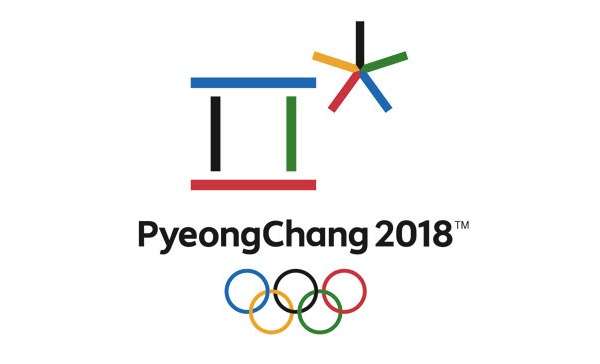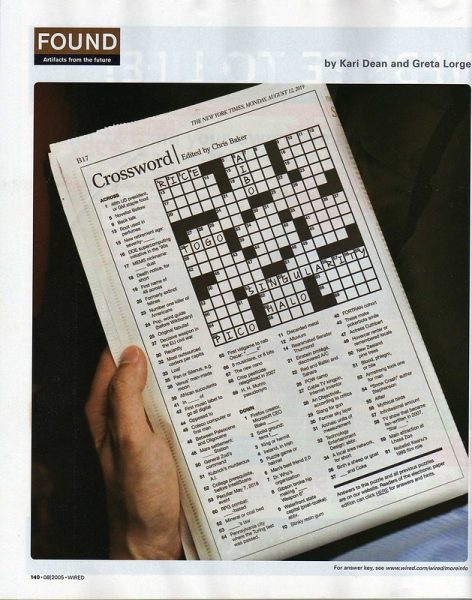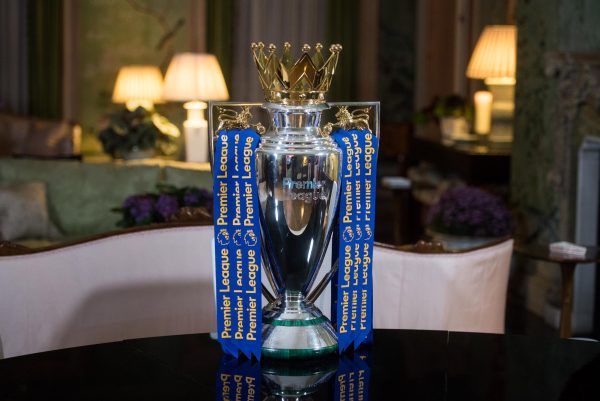Why the Winter Olympics matter to millennials more than ever

This year’s Winter Olympics demonstrated that millennials are capable of remarkable achievements.
February 20, 2018
As someone who needs eight hours of sleep to function, it’s incredibly rare that I go to bed after 11 on a school night. I don’t do it before major tests or big projects, not to finish my English paper four hours before it’s due or to cram for finals.
My one exception is the Winter Olympic Games. From Feb. 9-25, I’ll be camped out in front of the television, watching my favorite athletes condense years of hard work and time into the performance of a lifetime, the one shot at glory and recognition that they’ve always dreamed of.
As I watched 18-year-old Nathan Chen, a gold medal favorite, take the ice on Thursday, Feb. 15, I paced back and forth in the room, gasping each time he launched himself into the air and shielding my eyes as he came hurtling back to the ice.
The Summer Olympics never gives me that same hum of heartache and heartbreak for the athletes. Yes, I’m going to pick that fight. While exciting and more high-profile, the Summer Olympics have largely been distorted by scandals that have made it more of a spectacle than a display of harmony and sportsmanship that young viewers can be emotionally invested in, especially since most Summer Olympians are more than a decade older than us.
The PyeongChang Olympics, on the other hand, ushered in a new generation of teenage wunderkinds. Eight of the American Olympians are millenials, and two of them, 17-year-olds Chloe Kim and Red Gerard, won gold medals in PyeongChang. In contrast, setting aside gymnastics, some of the greatest stars of the 2016 Summer Olympics were Michael Phelps, 31, and Allyson Felix, 30.
The younger generation of Winter Olympians is relatable and compelling. Instead of asking whether their careers are coming to an end, we imagine the endless possibilities for the child prodigies that have years to display their dominance on the global stage. It’s a new era of sports.
It’s difficult to comprehend and thus inspiring that these kids are our age — they look like us, talk like us, think like us — they are us, struggling with the same problems and more and still managing to rise to the top of their fields and actually matter. Isn’t that the dream of most high school students in America: to mean something to the world? These young stars’ unparalleled vitality bleeds through the screens and fills us with reverence, wonder and a little bit of envy.
Take Red Gerard. He started skateboarding when he was two, and he grew up practicing in his backyard, the Washington Post reports. The morning of his slopestyle competition, Gerard missed the 6 a.m. wakeup call because he had stayed up to binge watch a show on Netflix. He’d also lost his jacket and had to borrow his roommate’s jacket, which was about three sizes too big for Gerard’s 5-foot-5, 115-pound frame.
If that’s not relatable, I don’t know what is. And despite having a rough morning, Gerard pulled off a creative run that made him the youngest American male to medal in the Winter Games since 1928, according to ABC News.
A couple of days later, on Feb. 12, Chloe Kim took home another gold in the snowboarding halfpipe event.
In a 2016 California tourism board video, Kim recounted her father carrying her from her bed at 2 a.m. to drive her six hours each way to and from Mammoth Mountain every week so she could train. But the perpetually exhausted girl who’s under immense pressure and who has made terrible sacrifices for her success is not the image Kim portrays to the world.
No, Kim is upbeat and hilarious, and a positive role model for young athletes, especially girls, everywhere. In the middle of the finals for the halfpipe event, Kim started planning an after-party with a fellow competitor and tweeted about craving a sandwich while her entire career laid on the line. As an avid lover of food myself, I admire her dedication to food almost as much as her dedication to her sport.
Her father, Jong Jin Kim, is just as impressive as she is. According to The New York Times, Jong Jin emigrated from South Korea to California in 1982 with only $800 of cash, so he worked as a dishwasher to put himself through college.
However, when Chloe’s talent began to emerge on the global scene, Jong Jin quit his job to become Chloe’s chauffeur and biggest supporter. As Chloe delivered a stunning gold medal-worthy performance in his home country, Jong Jin pointed to himself and whispered, “the American dream.”
Maame Biney, 18, also rose to fame in the Winter Olympics. Like Jong Jin, Biney’s father, Kweku, immigrated to the United States with few prospects. According to NBC Sports, Maame joined Kweku, leaving her mother and brother in Ghana, when she was five. Although pressed for cash, Kweku supported Maame through countless figure skating lessons and eventually speed skating lessons when it became clear that Maame was destined for the ice. While she made history by being the first African-American woman to represent the United States in short track, what makes Maame truly memorable is her infectious, unbroken smile and truly kind personality.
With the controversy surrounding President Donald Trump’s immigration policy, Kim’s and Biney’s stories are powerful examples of how much immigrants contribute to making America the multicultural, globally dominant country it is.
Through news organizations and social media, the Winter Olympic Games present a compelling narrative of the American Dream woven together by three dimensional athletes that we get to know more intimately than we do the Summer Olympians. Because the Summer Olympics is so packed with sports stars and events, the human beings behind the competitors get lost in the noise. They are reduced simply to a name, a medal count, a 30-second clip of the biggest performance of their lives.
The Winter Olympics also captures the spirit of the competition — the goodwill and the camaraderie — that makes the Games great. The political tensions and charged political debates finally take the backseat to the show of unity and friendly competition that is a reassuring reminder of what peace feels like.
Conversely, the 2016 Summer Olympics continued the propensity of Summer Olympic Games for scandals. In Rio de Janeiro, four American swimmers, including 12-time medalist Ryan Lochte, fabricated claims of being victims of an armed robbery to cover up the vandalism they committed while intoxicated. The incident became a humiliating blemish that tainted the legacy of these swimmers and of the Olympic Games.
The fresh young athletes in the Winter Olympics send the resounding message that our generation isn’t the future of the nation; it’s the present, and we are capable of astounding achievements anytime and anywhere. Amid the harsh reality of our heated political climate, the Games are the closest thing we have in this day and age to world peace, and as for me, I’m going to grab as much of that elusive sense of purity and national pride as I can.























